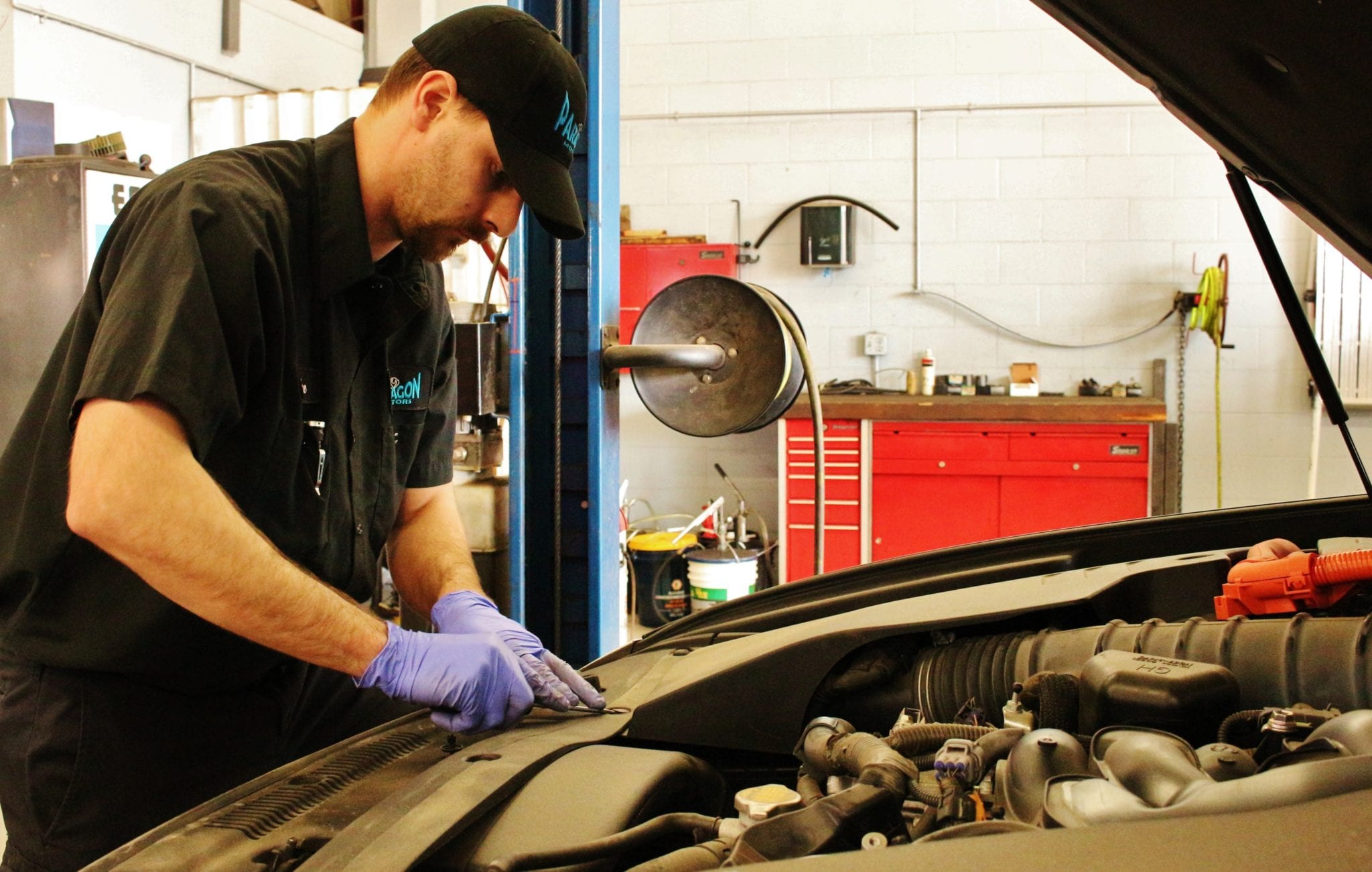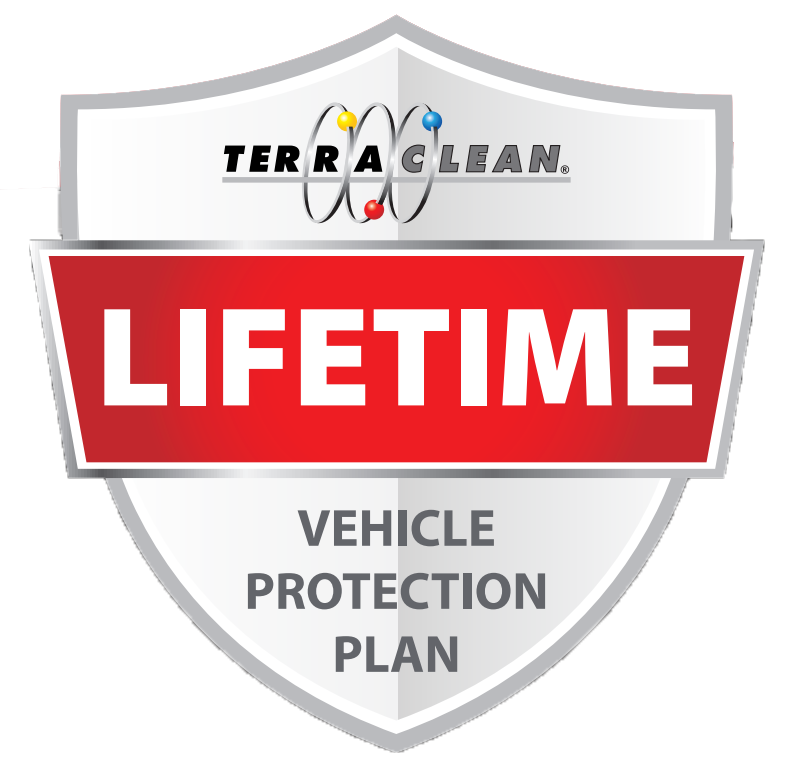Nowadays, cars are less time consuming as far as maintenance goes. There are some parts of newer models that the manufacturers created to be maintenance free throughout their lifespans, such as the lubing of the chassis and suspension. In some cases, you don’t have to change spark plugs until a car gets over 100,000 kilometers. And, the most interesting part is that you can now trust your car to get you where you need to go safely and quickly without having issues if it’s properly maintained.
What’s more, reliability has greatly improved. The result is that most recent model trucks and cars should be able to go 300,000 kilometers if they are well maintained.
Here are a few simple, periodic checks and procedures you can do that will help you get there.
Check the Engine Oil
Always check the engine oil regularly, if your vehicle’s engine is in good condition you can check monthly; but check often if you find out you need to add oil routinely or notice an oil leak. If you do have a leak, make sure you fix it immediately at a Kelowna car repair facility like Paragon Motors.
Check Tire Air Pressure
The next thing you will have to check after changing the oil is the tire pressure. Always do this before any road trip. Make use of an accurate tire-pressure gauge to confirm the inflation pressure in each tire, including the spare.
Wash the Car
Wash your car regularly. Wash the body thoroughly and also hose out the fender wells and undercarriage to get rid of dirt and other particles. Dirt and mud that builds up under the vehicle quickly adds extra weight and can cause premature wearing of parts.
Other Checks at Each Oil Change
Generally, most automobile manufacturers recommend that the engine oil and filter should be replaced after every 10,000 kilometers or six months. But for “severe” driving with constant, very cold starts and short trips, dusty conditions, or trailer towing—the engine oil and filter change duration should be reduced to every 3,500 kilometers or three months. (Check your owner’s manual for the specific intervals recommended for your vehicle.) Special engines like turbocharged and diesel engines may require more frequent oil changes.
By keeping up to date with your maintenance you are going to greatly increase the lifespan of your vehicle. It will also increase the re-sale value of your vehicle and make it easier to sell. Most importantly, a well-maintained vehicle is safer for you, your family, and those around you. If you have any questions about your vehicle maintenance, call us at
250-762-6006
Other Articles
You might be interested in.

Symptoms of a Failing Cooling System
Symptoms of a Failing Cooling System Vehicles rely on the coordination and synergy of many different systems in order to operate effectively, and the cooling system is no exception. A failing cooling system could cause your engine to overheat, which is needless to say very dangerous. The vast majority of cars use a liquid coolant […]

Top 5 Signs That It’s Time for Brake Repair
A well-functioning set of brakes is essential for any safe vehicle. It makes sense really – a good set of brakes could be the thing that saves your life (or other people’s lives). Due to their importance, brakes can signal that they need repairing or changing in a variety of ways, so it is essential […]

The Importance of Routine Auto Maintenance
When you buy a vehicle, whether it is brand new or used, you always need to consider its future maintenance. You want your vehicle to remain reliable, safe, and road-legal as time goes on, so it is important to carry out regular maintenance on your vehicle. Staying on top of your vehicle’s condition with cheap […]
[wprevpro_usetemplate tid="1"]





